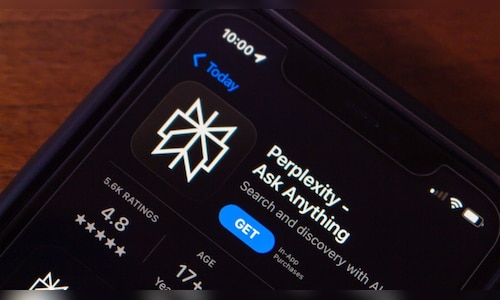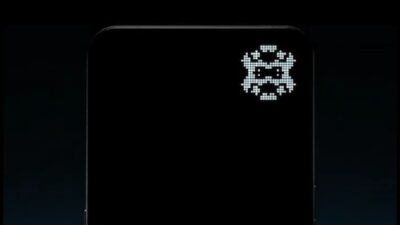In a letter addressed to Perplexity Chief Executive Aravind Srinivas, which was reviewed by the FT, BBC indicated that it may pursue an injunction unless the AI company ceases to scrape its content, removes existing copies utilized for training its AI systems, and presents “a proposal for financial compensation” regarding the alleged infringement of its intellectual property.
Perplexity dismissed BBC’s allegations as “manipulative and opportunistic” in a statement to the FT, asserting that the BBC has “a fundamental misunderstanding of technology, the internet, and intellectual property law.”
Neither Perplexity nor BBC promptly responded to a Reuters request for comments, and Reuters was unable to immediately verify the report.
Following the launch of ChatGPT, publishers have expressed concerns regarding chatbots that scour the internet for information and generate summary paragraphs for users.
Perplexity has been accused by various media organizations, including Forbes and Wired, of plagiarizing their content, yet it has since introduced a revenue-sharing program to address the concerns of publishers.
In October, the New York Times issued Perplexity a “cease and desist” notice demanding that the company refrain from using the newspaper’s content for generative AI purposes.



